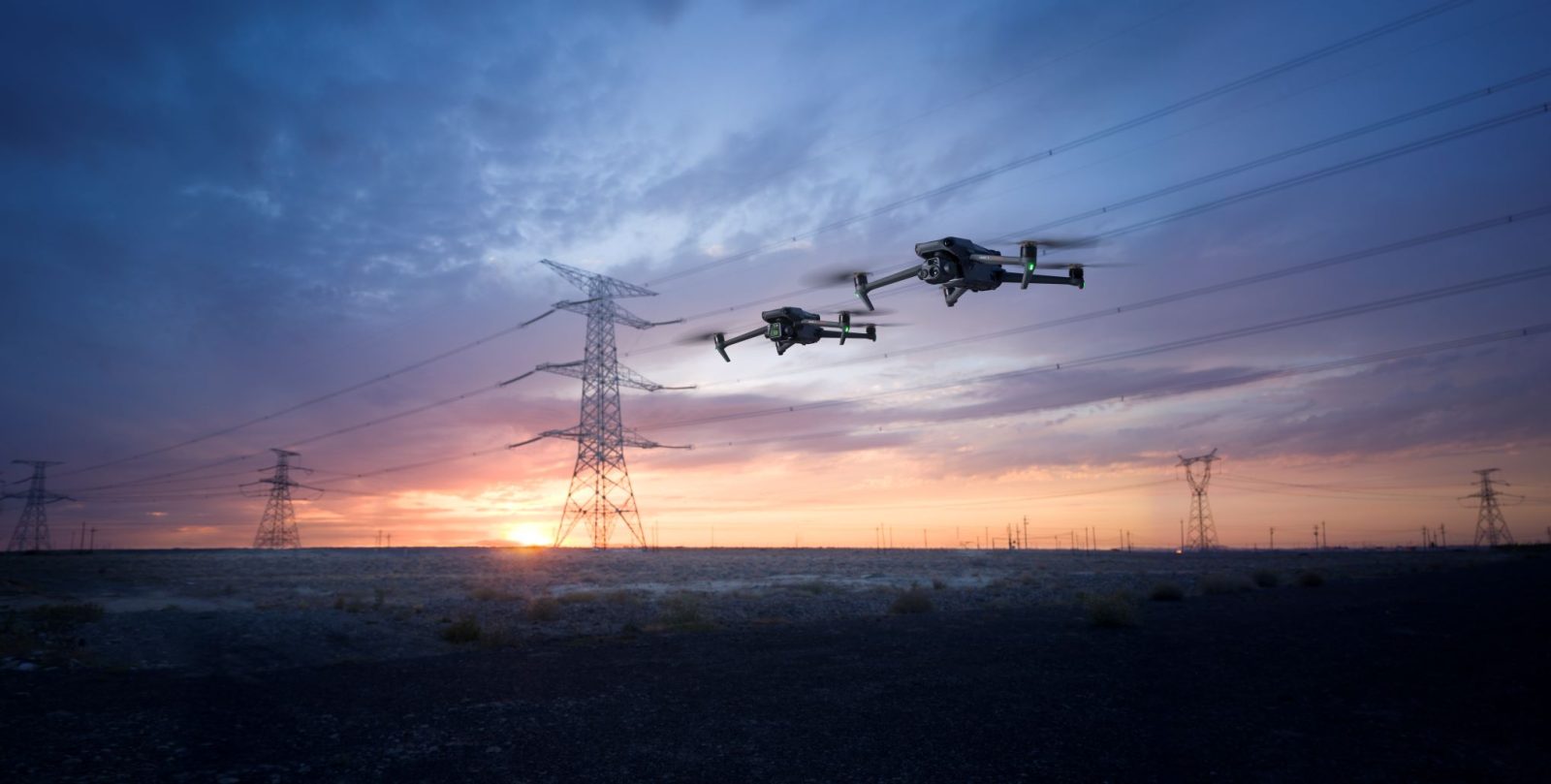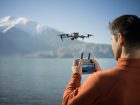
A new report by the US Government Accountability Office (GAO) is shedding light on how restrictive drone policies have impacted the Department of the Interior’s (DOI) operations for wildfire prevention, search and rescue, scientific research, and public education efforts.
The GAO report titled Federal Lands: Effects of Interior’s Policies on Foreign-Made Drones details what may happen if the Countering CCP Drones Act, aka the controversial DJI drone ban bill, becomes law. It passed the House on September 9 and is now with the Senate.
The potential impact is especially concerning as natural disasters become more devastating. Right now, six states are underwater due to Hurricane Helene, and over 1 million acres of California went up in flames in 2024 alone.
The DOI has long relied on drones for diverse functions, including public safety initiatives like hazard management and wildlife monitoring. However, since January 2020, a ban on procuring new drones from “adversary nations,” including popular DJI models, has significantly disrupted the department’s ability to leverage this vital technology.
The GAO report highlights that the aging drone fleet at DOI is one of the primary issues caused by the drone ban. The restrictions not only forced the department to stop using its existing non-compliant drones but also made replacing these drones much more expensive. According to the report, between 2017 and 2020, the average cost of a drone was approximately $2,600. That figure has since ballooned to over $15,000 for compliant alternatives in 2023.
The situation has become so dire that some bureaus within the DOI have been forced to share drones, limiting access to the technology that has been crucial for their missions. The difficulty in acquiring new drones stems from both increased costs and longer delivery times — compliant drones can take up to six months to be delivered. According to the GAO report:
As of April 2024, Interior had ordered 98 drones in fiscal year 2024, but only 46 had been delivered. Some bureaus noted program impacts from these delays. For example, National Park Service (NPS) officials told us the service ordered new drones for fire management purposes in March of this year, but they are not expected to arrive until October, likely not in time to be used for the 2024 wildfire season.
Additionally, the report suggests that alternatives may lack the capabilities of the banned DJI drones, such as carrying specialized sensors needed for critical missions.
Impact of DJI drone ban on emergency operations
The GAO report also stresses the negative impact of the drone restrictions on DOI’s emergency response capabilities. Drones are a safer, more cost-effective option for tasks like wildfire management, but with fewer drones available, the DOI has had to resort to helicopters — riskier and more expensive alternatives.
Moreover, the National Park Service (NPS) and the Fish and Wildlife Service (FWS), which previously relied on drones for search and rescue operations, have struggled to maintain these capabilities. The lack of drone access has directly affected public safety by limiting the DOI’s ability to manage natural hazards, such as landslides and rock falls, that can pose dangers to both visitors and personnel.
The restrictions on drone use have also hampered DOI’s ability to collect critical data on natural resources, infrastructure, and wildlife. For example, high-resolution images of infrastructure that could prevent costly damage after storms were no longer captured due to the unavailability of capable drones. This inability to gather data has disrupted conservation and research projects across the DOI.
DJI drones have passed DOI security assessment
The report further underscores that security concerns related to DJI drones may be overstated. A 2021 DOI security assessment found that its strategies mitigated the risks associated with using DJI drones in operations that posed little to no national security threat. This assessment aligns with a separate Pentagon report, which found no evidence of malicious code or intent in the DJI software used by the DOI.
In fact, the Pentagon’s report recommended the use of DJI Government Edition drones by US government entities. This conclusion raises questions about the necessity of the ongoing restrictions, especially given the critical role that DJI drones have played in supporting public safety missions.
Related: New DJI drone audit debunks data security concerns amid ban debate
So, what’s next?
The GAO report emphasizes the need for a balanced approach to drone policy. It suggests that the current restrictions, while aiming to protect national security, may be inadvertently harming US public safety and increasing costs for critical government agencies like the DOI.
Moving forward, DJI has expressed its commitment to working with stakeholders to address concerns while ensuring that its technology continues to support public safety missions. The company has also reiterated its position that security standards should be based on technological capabilities rather than the country of origin, advocating for a more competitive and open marketplace where government agencies can choose the best tools for their needs.
As lawmakers consider pending drone legislation, the GAO report has come as a reminder that evidence-based policies are essential for balancing security concerns with operational effectiveness. What are your thoughts on this issue? Let us know in the comments below.
Read more: DJI Neo update improves drone positioning for better flights
FTC: We use income earning auto affiliate links. More.






Comments